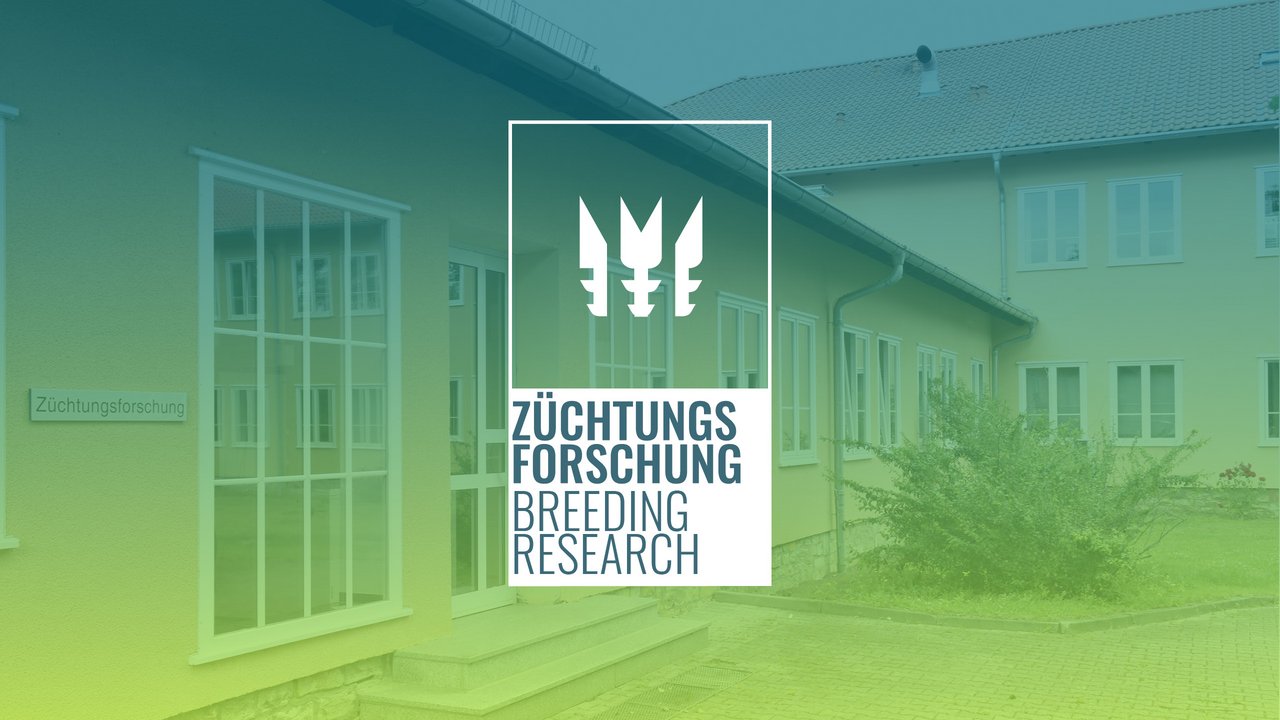Department Breeding Research
Breeding resilient, high-yielding, and high-quality crops is essential for achieving at least seven of the UN's 17 Sustainable Development Goals. The Breeding Research Department contributes by advancing knowledge and developing innovative approaches to better exploit crop genetic diversity. Research encompasses the entire breeding process - from creating genetic variation and selecting parental lines to identifying superior genotypes and maintaining elite varieties.
Focused primarily on major cereal species, legumes, but including also model species, the department integrates breeding informatics, genome analysis, and chromosome biology across six research groups (Quantitative Genetics, Bioinformatics and Information Technology, Chromosome Structure and Function, Kinetochore Biology, Biotrophy and Immunity, and Plant Architecture research groups) and one Young Investigator Group (Agroecological Breeding).
The research groups within the department of Breeding Research are organized into three tightly interlinked research programmes: breeding informatics, genome analysis, and chromosome biology. By leveraging rapid advances in omics technologies, researchers in the department are developing plant breeding data ecosystems to harness big data for predicting the performance of agriculturally important traits and unraveling their genetic architecture. This includes the identifaction, validation, and analysis of candidate genes for key traits such as inflorescence growth and development and disease resistance. In-depth studies are being undertaken to assess not only genetic but also epigenetic components relevant to the regulation of chromosome segregation and chromosomal regions, the manipulation of recombination and the fixation of genetic variation by haploidisation.

